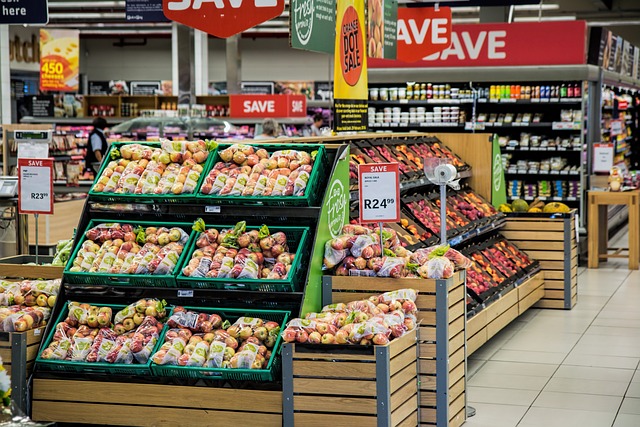The Social Fabric of Food: A Gourmet Journey Through Society
The culinary world is more than just a sphere of gastronomic delights—it's a rich tapestry of social connections, cultural identity, and transformative trends. Dive into a delectable exploration of how food shapes our society, and vice versa. Read below to savor this fascinating journey.

The Historical Roots of Gastronomy and Society
Food has always been a cornerstone of human civilizations. It has played a critical role in socialization, economic transactions, and cultural identity formation. The ancient Egyptians, Greeks, and Romans, for instance, had elaborate feasts that served as social rituals. These gastronomic events highlighted social hierarchies, religious beliefs, and cultural norms. Over time, food became a powerful tool for social cohesion, communication, and even conflict resolution.
The Contemporary Food Culture: A Melting Pot of Trends
In our contemporary society, food has become a reflection of the dynamic cultural landscape. Globalization and migration have led to the emergence of fusion cuisines, signifying the blending of diverse cultures. The rise of vegetarianism and veganism mirrors the increasing consciousness towards health and animal rights. The farm-to-table movement represents a growing concern for sustainable and local food production. These trends do more than just tickle our taste buds—they signal shifting societal values and priorities.
Food as a Social Movement: Culinary Activism on the Rise
Food has evolved from being a mere necessity to a platform for social activism. The ‘Fair Trade’ movement, for instance, advocates for equitable trading conditions for farmers in developing countries. The ‘Slow Food’ movement promotes local food traditions and opposes the domination of fast food. The ‘Food Justice’ movement fights for equal access to healthy food regardless of socio-economic status. These culinary movements are reshaping society by fostering ethical consumption, sustainability, and social justice.
Food, Identity, and Social Change: A Recipe for Transformation
Food also serves as a medium of identity expression and social change. Individuals and communities use food to assert their cultural heritage, personal beliefs, or lifestyle choices. For instance, the LGBT+ community has been using food festivals as a way of expressing their identity and advocating for equal rights. Similarly, the ‘Black Food Movement’ in America uses culinary traditions to celebrate African heritage and address systemic racial inequality.
Dining into the Future: The Social Implications of Food Technology
The advent of food technology is causing ripples in the social fabric. Innovations like lab-grown meat, 3D printed food, and AI-powered personalized nutrition are challenging traditional notions about food production and consumption. While these technologies promise to tackle global issues like food insecurity and climate change, they also raise ethical, legal, and social questions. As we step into the future, the societal implications of these food technologies will be a crucial area of exploration.
In conclusion, food is much more than a means of survival—it’s a deliciously complex social phenomenon. From historical feasts to modern food movements, from identity politics to tech disruptions, the culinary world offers a unique lens to understand and shape society. Engaging with food is not just a sensory experience—it’s an act of participating in the social dialogue of our times.




